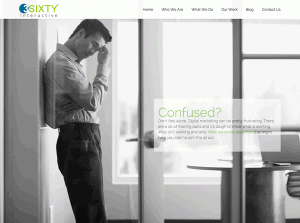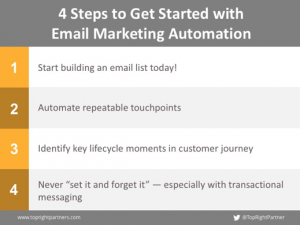Big tech companies will need user consent to process personal data, combine it with other platforms’ data and use it across services.
Facebook and other tech giants will be hard-pressed to monetize their first-party data in the European Union, following a ruling (July 25, 2023) by the EU’s top court that shot down Facebook’s “legitimate interest” argument for personalized ads.
What it means. The ruling is a shot across the bow for many big tech businesses, says Tim Parkin, president of Parkin Consulting.
“It’s easier to hit a bigger target and that’s exactly what the regulators are trying to do,” he says. “If they can stop (or slow down) Meta, they can prevent the rest of big tech from causing the same issues.”
Parkin believes this and other EU actions will put an end to the current digital marketing paradigm.
“The bigger concern for all of big tech is that the data privacy and protection war is heating up,” he says. “The business model of making the customer the product was once viable and is now threatened. We’ll continue to see big tech take a step towards paid subscriptions and away from ad-supported platforms.”
What happened. In 2019, Facebook parent Meta sued German regulators who ordered the social media giant to stop collecting users’ data without their consent. They said that not only was Facebook violating the EU’s GDPR, but that its dominance in social media made this an antitrust issue as well.
The decision. The ruling says users’ privacy interest overrides the “legitimate interest” argument of Facebook to personalize ads. It said that even though Facebook is free to users, “the user of that network cannot reasonably expect” that it will use large volumes of data to personalize ads “without his or her consent.”
The decision shouldn’t have surprised anyone, says Gartner’s Matt Moorut.
“The European Union has been fighting for greater protection of consumers’ data for years, so the ruling, while a surprise in the timing, isn’t a massive surprise in terms of its existence,” says Moorut, director analyst in the Gartner Marketing Practice. “GDPR established opt-ins for use of data for email by default years ago, so this is simply a continuation of the principles already codified in law.”
What’s next. While the ruling only applies to Germany, a new digital competition law will soon impose similar rules across the EU. Starting in March of next year, the Digital Markets Act requires services with at least 45 million monthly active EU users to get user consent to
- Process personal user data,
- Combine it with data from other platforms
- Cross-use data from one service to another.
Users who don’t consent must still be able to use the service.
Why we care. With the end of third-party cookies drawing nigh, first-party data has been touted as the best, most reliable source of consumer information. Now, in the EU at least, there’s good reason to doubt that.
Marketers don’t have to worry about this happening in the U.S., which has yet to enact even more basic national privacy protections. Even so, it will further complicate data collection and use here for companies doing business in the EU.
The post EU’s ruling against Facebook a big blow to first-party data usage appeared first on MarTech.
MarTech(5)
Report Post




